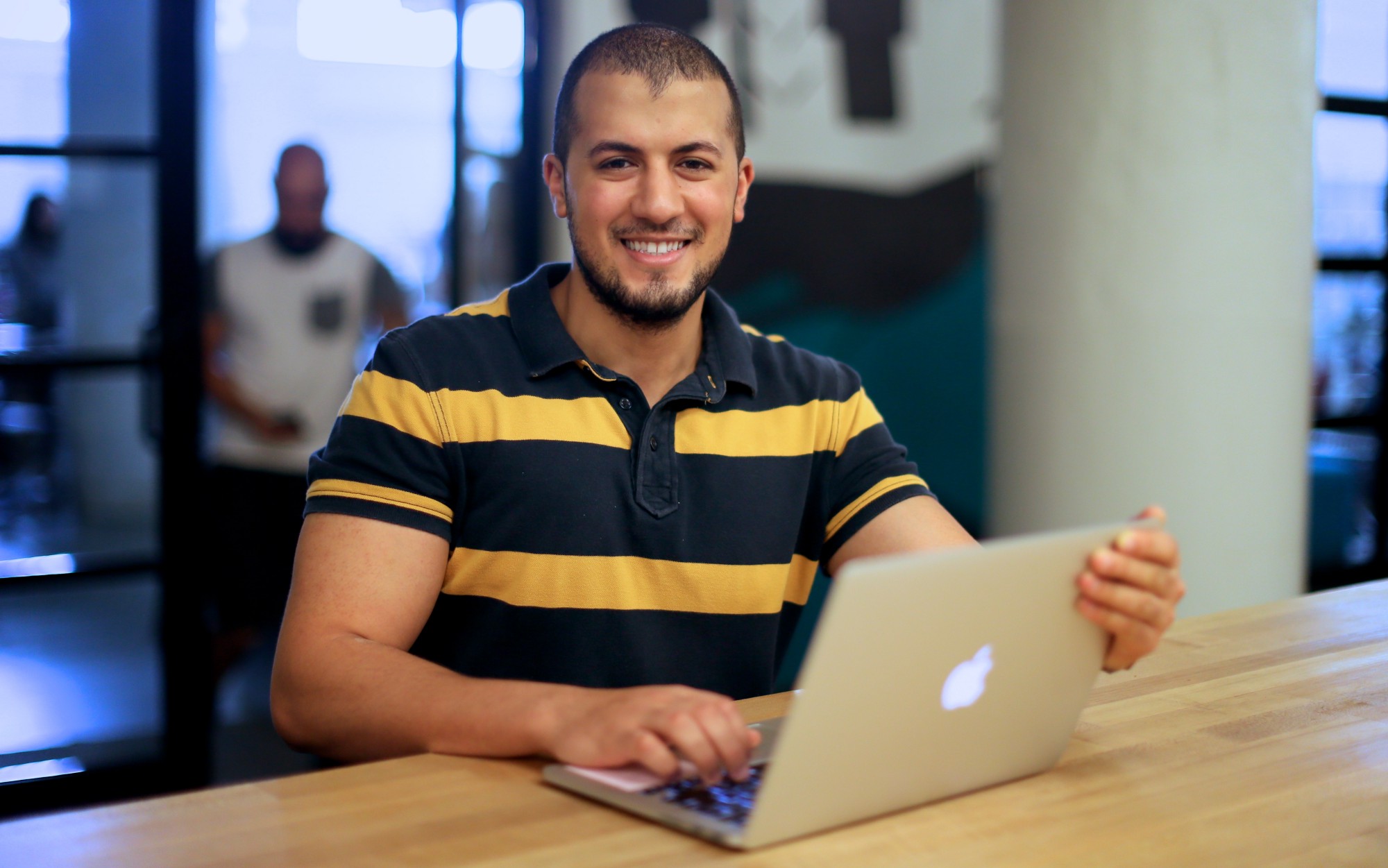With his home training technology, Moawia Eldeeb aims to make professional training available at home. He founded Tempo to develop an AI-based system that corrects workout form and assists safe, effective workouts, thus replacing the need for personal trainers. This innovation allows for personalized workouts without the need of a trainer or gym membership.
Eldeeb and his co-founder were named Forbes 30 Under 30 for consumer technology for their work with Tempo and its fore-runner SmartSpot. The start-up has recently raised $17 million in funding for their company. The backers attribute the start-up’s success to the proprietary machine learning technology, which analyzes workouts in real time and offers tips and corrections.
How Moawia Eldeeb Replaces Expensive Trainers
Tempo sprung from its predecessor, SmartSpot. Using a camera, the software records workouts for review, and allows athletes to pass those recordings on to personal trainers. This allows athletes and trainers to work together without tight scheduling constraints. While currently requiring an initial investment, this tech may soon make personal training more affordable and, more importantly, accessible.
Eldeeb and his co-founder Augustin sold this initial software from Smartspot primarily to gyms. However, Tempo has a slightly different target audience.
Tempo takes SmartSpot to the next level, employing artificial intelligence to do so. The software connects you with trainers all over the world for live group and on-demand classes, a social aspect which “allow[s] for competition with friends and fellow members.” The AI counts reps, corrects form, and tracks progress. It uses this visual data to “give you a richer, more effective, and safer fitness experience.” It also comes with weights, accessories, and programs to follow in order to maximize your results.
“A workout video, even if it’s broadcast live, just doesn’t compare,” Eldeeb explains. “That’s why [Tempo] is building technology to bridge the gap between the trainer and you, build that core relationship, and deliver the same hands-on guidance you’d expect from an in-person class.”
The Origins of Tempo
For Eldeeb, personal training was an important part of a tough childhood. Born in a village farm on Egypt’s Nile river, Eldeeb’s family moved to the US due to his brother’s illness as a teenager. Eldeeb was unable to attend neither middle school nor high school regularly, working to support his family. Nevertheless, he and his family ended up homeless due to a fire in his late teens.
After living some time in a shelter, Eldeeb started attending a free gym in Harlem. “That was the first time I felt like I was getting better,” he recalls. “It was the first time I felt like I was achieving anything in life.”
For Moawia Eldeeb, Personal Training is Self-Care
With this motivation, Eldeeb returned to finish the last two years of high school. It took only one year for him to accomplish this. He used Khan Academy videos to catch up on what he missed in the previous nine years. He entered a program at Queens College, then attended Columbia University.
“It’s intimidating,” he told Humans of New York, “because everyone who goes to Columbia went to the best schools, and have had the best education their entire lives.” However, his drive led him to work as a personal trainer throughout his entire time in college. Personal training offered him the security and motivation to succeed at the place he found so intimidating at first. There, he met Tempo CTO Joshua Augustin in Columbia’s computer science program.
Tempo is not yet available for private purchase. While pricey, given the typically high prices of at-home workout materials and personal trainers, even these initial costs may diminish overall investment in training. As the technology develops, Eldeeb hopes to see this technology reach homes around the world.
Join the mailing list here to get early access.



